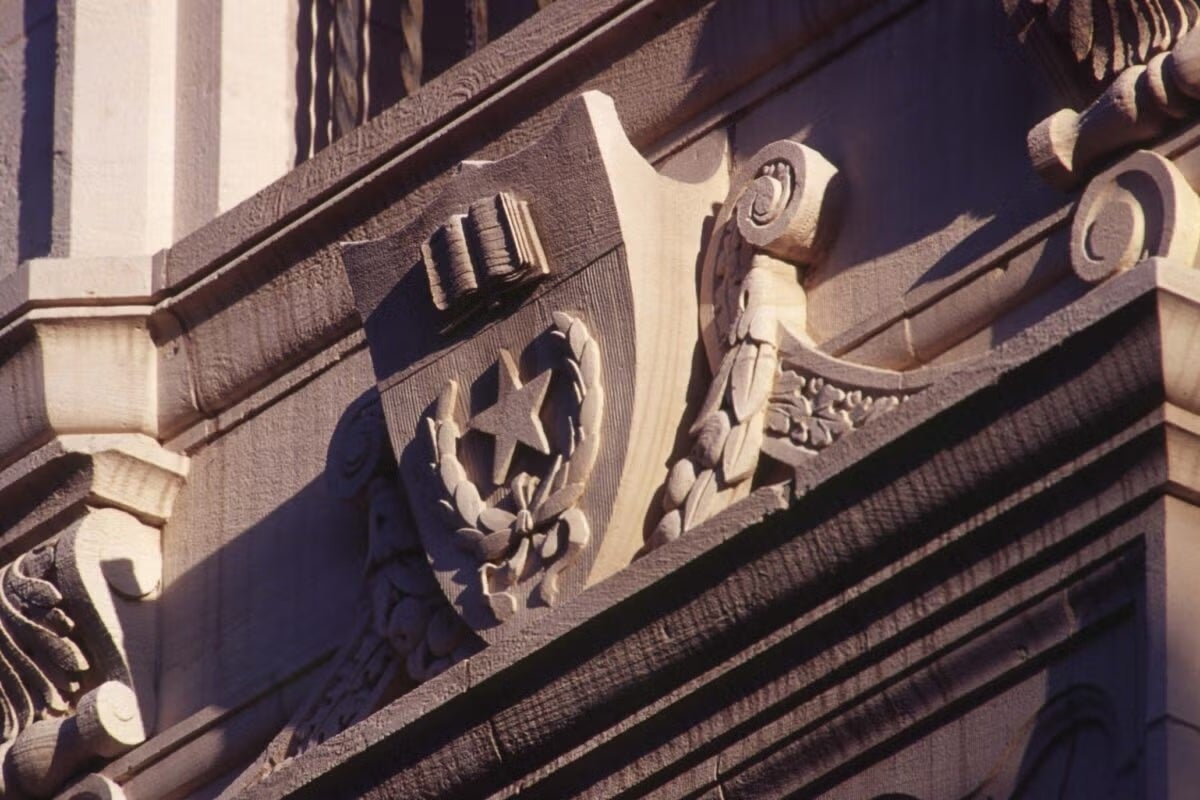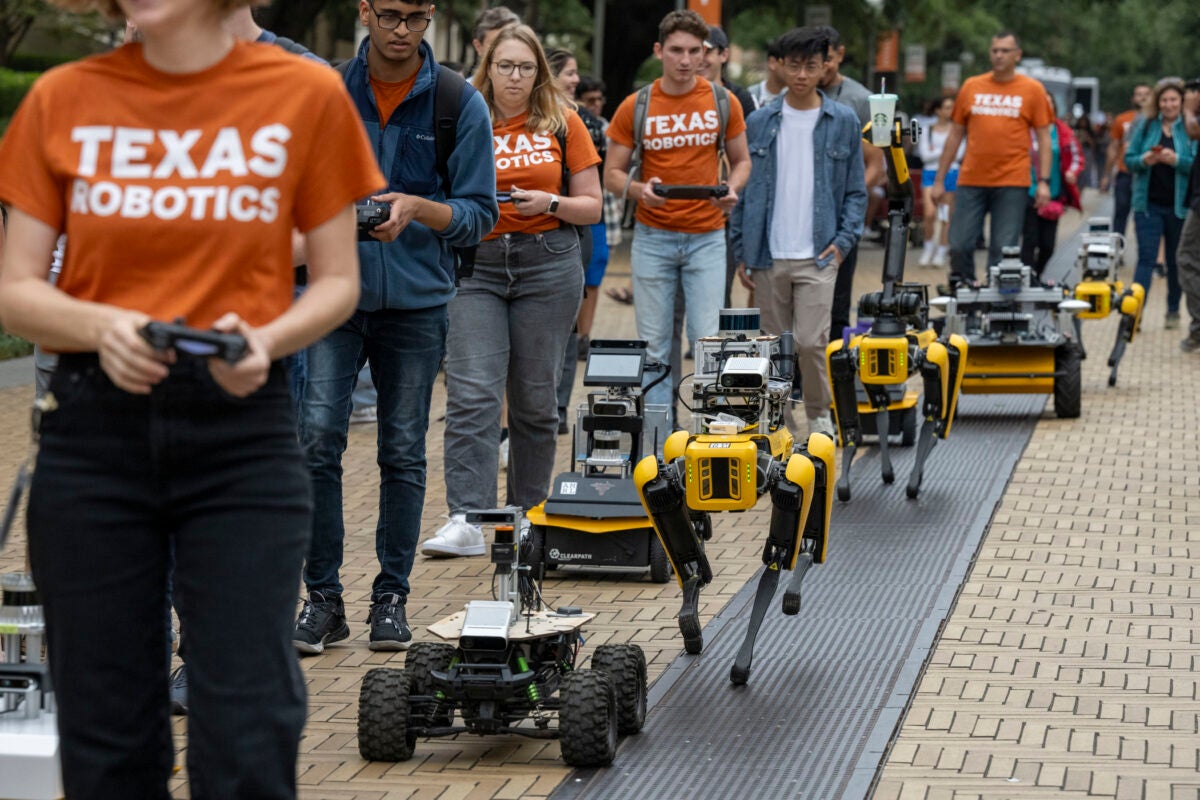Texas Science Students Serve the Community During the Pandemic
Undergraduates in public health, neuroscience and computer science found ways amidst the pandemic to help out their communities and fellow classmates.

Undergraduates in public health, neuroscience and computer science found ways to help out their communities and fellow classmates, amid and in spite of COVID-19.
Students at UT Austin already had plenty on their plates. When COVID-19 hit, the usual return from spring break and settling back into campus life turned instead into a mass migration—students scattering to shelter in place wherever they call home, in many cases moving back in with their families. Some became ill or began caring for sick family members. Classes moved online. Jobs ended. Everything was topsy turvy (it still is). But that hasn't stopped College of Natural Sciences undergraduates in public health, neuroscience and computer science from finding ways to help out their communities and fellow classmates.
A Helping Hand
When his grandmother in Dallas needed a way to get groceries without the risk of going to a store and possibly catching the coronavirus, computer science undergraduate Amir Mostafavi, who was far from Dallas at the time, called a friend to help pick up groceries for her. Realizing many more people are in the same situation, he and a friend were inspired to launch kovid19.org, a website for linking people in need with volunteers for things like grocery shopping, dog walking or technical help. Just two days after launching, the site already had attracted over 100 users.
"I was checking through some of the zip codes that we have and they're from all over the place—New York, Texas, even Mississippi, Kansas," said Mostafavi.
Read more about kovid19.org from the Department of Computer Science.
Supporting the Austin Community
Addison Allen, who is majoring in public health, formed the COVID Longhorn Epidemiological Assistance Network (CLEAN), a group of student volunteers helping stem the spread of COVID-19 in the Austin area. They help UT Health Austin with contact tracing, a method of tracking down people who may have been exposed in order to isolate them and prevent the spread of the coronavirus. This process is becoming increasingly important as Texas (like many other states) gradually relax social distancing restrictions. The CLEAN Team has also volunteered at a local food bank and assembled face shields for health care workers.
"I just wanted to give UT students opportunities to help where needed and to do everything we can to reduce the spread," Allen said.
Read more about CLEAN at UT News.
Where's the Toilet Paper?
At some point in the past couple of months, many people in the U.S. have experienced an exasperating side effect of the pandemic, one they've never experienced before: empty spaces on grocery store shelves where the most basic of supplies used to sit—pasta, beans, soap, toilet paper. Computer science undergraduates Rithwik Pattikonda and Darshan Bhatta developed InStok, a website that helps shoppers locate and monitor the stock of most-needed items locally and online, based on their zip code. They were especially concerned about the increasing risk of virus transmission as frustrated shoppers hop from one store to another, hoping to snag some of the hardest-to-find items, inadvertently increasing their chances for exposure. They hope to scale it up for national use.
"This is going to be a big problem, even in the future, as more and more coronavirus cases come," said Bhatta. "We got together and asked 'What kind of solution can we find to help with this?'" Pattikonda added, "We thought we could really knock [the project] out quickly if we worked together."
Read more about inStok from the Department of Computer Science.
You're Not Alone
When UT announced the shift to online classes and the closure of residence halls in March, many students were left with unanswered questions and unsolved problems. Neuroscience student Briana Syed and public health junior Tuka Uzor created HERE4UT, a website dedicated to consolidating resources for UT students. The duo wanted the website to be accessible to those who traveled home, but especially to students still in Austin. Students use the site to share information about food and job opportunities, entertainment recommendations, COVID-19 testing and mental health resources. Perhaps even more important is to foster a sense of community.
"We felt like this was a time that with coronavirus going on, our student population needed more than ever a place where we can support our community and have a sense of unity," Syed said.



